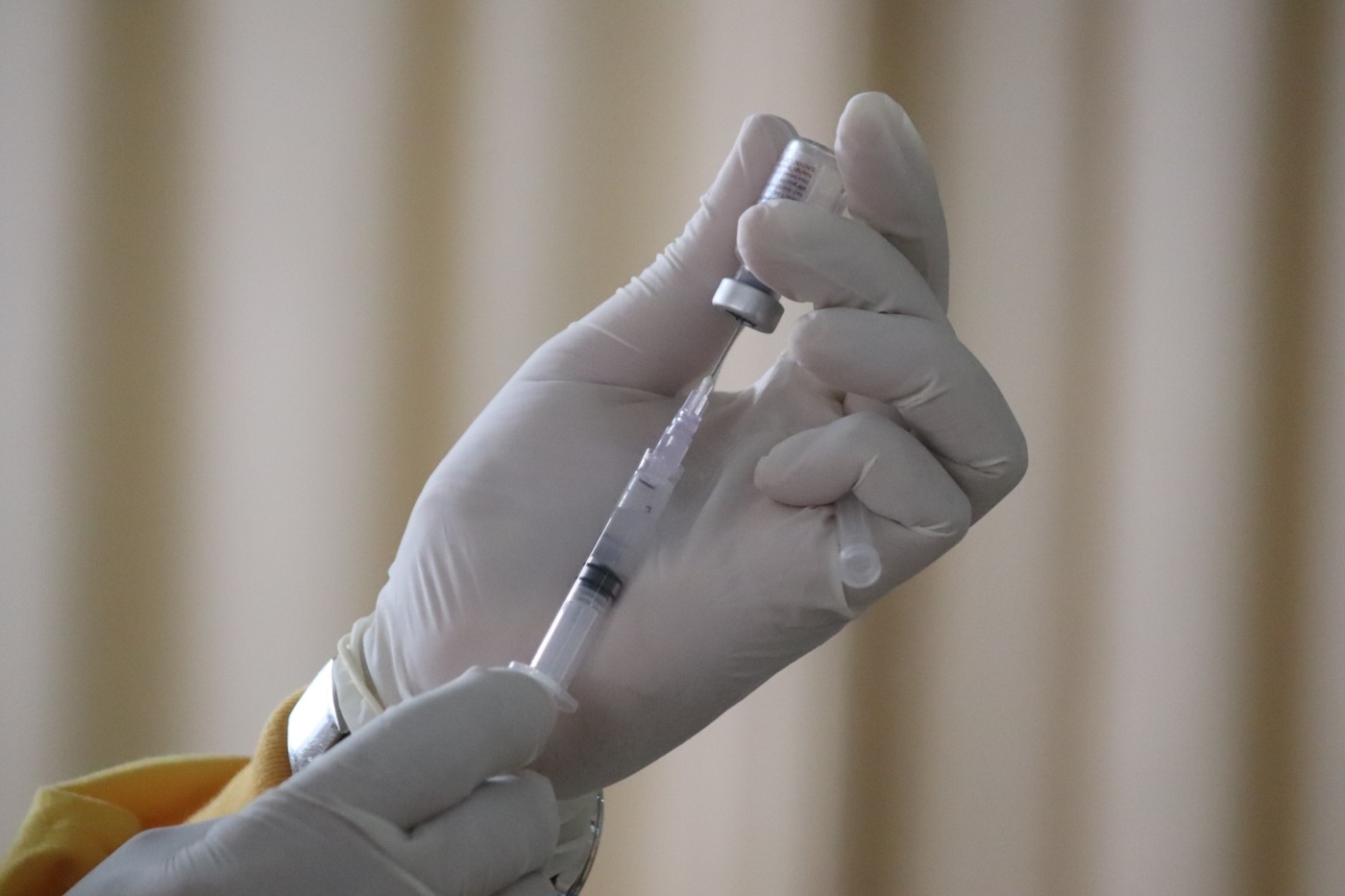Will we need Covid booster jabs?
After the incredible news that 75% of UK adults have received both Covid jabs, Health Secretary Sajid Javid said that we should soon be expecting booster vaccines to be available. Following in the footsteps of nations such as Israel, France, and Germany, the UK intends to administer a third dose of vaccine to the most vulnerable to protect them in the winter months. If the programme goes ahead, who will be targeted?
Professor Adam Finn, who sits on the Joint Committee on Vaccination and Immunisation (JCVI), said: “We’ve been asked to advise as to who might receive a booster if it proves necessary to give boosters. I think it’s becoming quite clear that there are a small group of people whose immune responses to the first two doses are likely to be inadequate – people who’ve got immunosuppression of one kind or another, perhaps because they’ve got immunodeficiency or they’ve been receiving treatment for cancer or bone marrow transplants or organ transplants, that kind of thing. I think it’s quite likely we’ll be advising on a third dose for some of those groups.
“A broader booster programme is still uncertain, we’ve laid out potential plans so that the logistics of that can be put together, alongside the flu vaccine programme. We need to review evidence as to whether people who receive vaccines early on in the programme are in any serious risk of getting serious disease and whether the protection they’ve got from those first two doses is still strong – we clearly don’t want to be giving vaccines to people that don’t need them.”
The JCVI is currently assessing hospital admissions data and blood test samples to determine whether the booster programme will go ahead at all, and who it should target if it does. It is likely that the booster will be offered to the over-50s and the immunocompromised – in other words, the same people who were prioritised for the vaccine programme when it first began last December – and the flu vaccine will likely be offered at the same time. This is because a bigger flu season than usual is expected, after respiratory viruses essentially vanished last year due to the lockdown and medical focus on Covid.
The JCVI is currently assessing hospital admissions data and blood test samples to determine whether the booster programme will go ahead at all
Until the decision is made, the JCVI’s interim advice is that a booster jab should be offered to groups in two stages, with the following prioritised for an appointment as soon as possible from September as part of stage one: adults aged 16 and over who are immunosuppressed; care home residents; all adults aged 70 or over; adults aged 16 and over who are considered clinically extremely vulnerable; and frontline health and social care workers. In stage two, the following would be targeted: all adults aged 50 and over; all adults aged 16 to 49 years who are in an influenza or Covid-19 at-risk group; and adult household contacts of immunosuppressed individuals.
There has been some backlash, not about the efficacy of boosters, but rather about where the jabs should be directed. Tedros Adhanom Ghebreyesus, head of the World Health Organisation (WHO), has called for a suspension of booster jabs until at least the end of September, in order that the jabs can be sent to low-income nations which have struggled to vaccinate their citizens. According to the WHO, these countries have only been able to administer 1.5 doses for every 100 people due to a lack of supply. Ghebreyesus said: “I understand the concern of all governments to protect their people from the Delta variant. But we cannot accept countries that have already used most of the global supply of vaccines using even more of it.”
These views were echoed by Professor Danny Altmann, an immunologist at Imperial College London. He said: “Are our precious vaccine doses better used for giving a third dose to people who’ve already had two, or getting a first and second dose to people in the world who’ve had none, who are in countries where the next variant is going to come from?” For the government, the decision is a political one as well as a scientific one – if they send vaccines abroad and then another wave hits in the winter, it will be difficult to justify the decision.
A spokesperson for the Department of Health and Social Care said: “The booster programme – which would ensure millions of people most vulnerable to Covid-19 will have the protection they have from first and second doses maintained ahead of the winter and against new variants – will be informed by the JCVI’s final advice. We are working with the NHS as they draw up detailed plans to deliver this booster vaccination programme, alongside the annual flu vaccination programme, and more details about rollout will be set out in due course.”
If the programme goes ahead, there’s no guarantee that it will become a regular thing like the flu jab. As Professor Altmann explains: “The reason we have flu top ups every year is not because there’s something wrong with our immune response to flu. It’s because it’s a carefully variable family of viruses, where you never know which version is going to come back the following year. Coronaviruses aren’t like that. We have a slightly different problem with the variants of concern, so a top-up would really be predicated on the idea that people’s immunity is waning very fast and they’re not protected anymore. In most people that we look at, we don’t see that situation. We think they’re probably good for quite a while to come.”

Comments